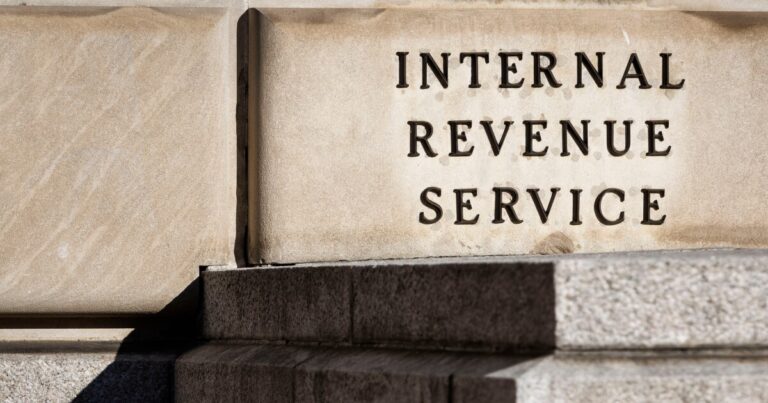The Internal Revenue Service posted guidance just in the nick of time for some taxpayers on the treatment of research and experimentation expenses under the new tax law.
On Thursday, the IRS released Revenue Procedure 2025-28, which instructs taxpayers on how to make various elections, file amended returns, or change accounting methods for research or experimental expenditures as provided under Section 70302 of the One Big Beautiful Bill Act, also known as Public Law 119-21. One of the provisions reverses a requirement under the Tax Cuts and Jobs Act of 2017 to amortize research and development costs over five years starting in 2022 and again allows them to be deducted immediately.
For a taxable year beginning during 2024 and ending prior to September 15, 2025, for which the due date (excluding any extension) for the return of tax for such taxable year was before Sept. 15, 2025 (2024 taxable year), Section 8 of the revenue procedure grants an automatic extension of time to file superseding tax and information returns applying the provisions of the new revenue procedure.
“The big issue is, if you use the lookback, can you pick and choose, starting in 2024 instead of having to go back to 2022,” said Bill Smith, managing director of the CBIZ National Tax Office. “The guidance essentially says you can do that, but the return has to be filed today or later. We have been giving the advice that, based on our reading of the statute, we thought you could do that, but if anybody actually filed, we also said you would be wise not to file your return early, because we might get guidance. But if anybody did that, they would need, just to be safe, to amend or supersede if they’re allowed to do that. That’s 60 pages of guidance, and we’re just starting to crack it, but that was one of the most controversial issues for R&D under the OBBBA.”
The new guidance provides transitional rules, modifies Revenue Procedure 2025-23, List of Automatic Changes, and grants an extension of time for partnerships, S corporations, C corporations, individuals, estates and trusts, and exempt organizations to file superseding 2024 federal income tax returns.
“In order to choose 2024 or 2023, if you want to do that, the return has to be filed today or later,” said Smith. “For some entities, that gives you roughly 18 days to make a decision to get your return filed.”
That’s counting the days from the issuance of the revenue procedure on Aug. 28 until the Sept. 15 date.
“We said on a call that we’ll probably get this guidance on Sept. 14 at 4:00,” said Smith. “I guess we should be thankful we got 18 days.”
The IRS has been facing a series of budget and staffing cuts that have strained resources this year, along with the departures of a string of commissioners and acting commissioners. That has made it difficult for tax professionals to reach people there, but with some exceptions such as the Independent Office of Appeals.
“If you’re just trying to call with a question, it’s pretty much a nightmare,” said Smith. “But if you’re in Appeals, for some reason, Appeals seems to be very responsive these days, even more than before. I don’t really know what’s driving that, but I’ve heard several instances confirming that Appeals officers are getting back even more quickly than they have in the past. The same for private letter rulings. Those groups seem to be in pretty good shape. I don’t know why. They lost people at every level.”
He’s been able to get private letter rulings within six months in some cases, as opposed to the two years he had been expecting.
There are other areas where he believes the IRS will need to provide guidance on the OBBBA.
“There’s a ton of things we’re waiting for guidance on,” said Smith. “Qualified production property is a huge deal because you basically get 100% depreciation on the real estate that you build if you satisfy the criteria. But no one’s certain about what the criteria are. For example, can you take the 100% depreciation if you expand or make additions to an existing structure? Or does that have to be a new standalone structure? A lot of people would like to expand. Even a reading of the Act itself doesn’t give you much ability to say yes or no, or we think this, or we think that. You’re really stuck waiting for guidance there, and again, there’s still people left to file by Sept. 15. Entities are coming down to the wire on trying to figure some of this stuff out.”


